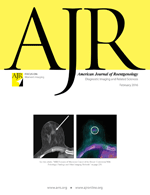 The U.S. Centers for Disease Control and Prevention issued a correction notice to a report about formaldehyde in laminate flooring, saying a mistake had caused them to significantly underestimate the health risks.
The U.S. Centers for Disease Control and Prevention issued a correction notice to a report about formaldehyde in laminate flooring, saying a mistake had caused them to significantly underestimate the health risks.
The mistake: According to CBS’s 60 Minutes, the CDC sometimes didn’t convert feet to meters. Ouch.
In the corrected report, the agency estimates the health risks of the laminate flooring — by irritating the ear, nose and throat — to be three-fold higher than what they suggested in the original report, published February 10.
Here’s the note that now appears in the link to the original CDC report: Continue reading CDC fixes major error in flooring risk report: Not converting to metric









